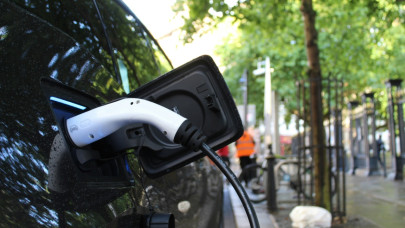According to the report, there's a notable disparity between the current charging infrastructure and the requirements to fulfill Europe's climate objectives by 2030. Although electric vehicle sales have surged, growing 18-fold between 2017 and 2023, the installation of charging points has lagged, posing a challenge to meeting climate targets.
ACEA Secretary General Sigrid de Vries emphasized the necessity of mass electric vehicle adoption and the importance of widespread public charging infrastructure throughout the EU to accomplish emission reduction goals.
The report reveals that while there are 630,000 charging stations across the European Union, the European Commission advocates for the installation of 3.5 million charging points by 2030. This translates to approximately 410,000 public charging points annually. However, current installation rates fall short, with only 150,000 added last year.
Additionally, ACEA estimates that Europe needs a staggering 8.8 million charging points by 2030 to meet climate objectives. Achieving this target requires the installation of 1.2 million chargers each year, significantly surpassing the current rate.
De Vries stressed the urgent need for accelerated investments in public charging infrastructure to bridge the gap and achieve climate objectives. The European Court of Auditors (ECA) echoed this sentiment, calling for increased charging infrastructure investment across the continent, particularly in countries with fewer charging points.













